He was a poet and hated the approximate
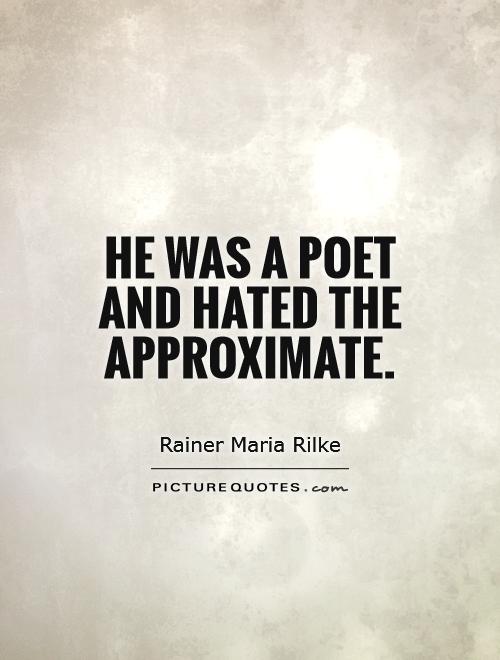
He was a poet and hated the approximate
Rainer Maria Rilke, a renowned poet and writer, was known for his deep and introspective poetry that delved into the complexities of human emotions and experiences. Throughout his works, Rilke displayed a disdain for the superficial and the approximate, instead striving for authenticity and depth in his writing."He was a poet and hated the approximate" is a statement that encapsulates Rilke's commitment to precision and clarity in his poetry. Rilke believed that true artistry required a meticulous attention to detail and a dedication to capturing the essence of a subject with exactitude. He rejected the notion of settling for vague or imprecise language, instead opting for words that were carefully chosen and imbued with meaning.
In his most famous work, "Letters to a Young Poet," Rilke implores the aspiring poet to seek out the truth and beauty in the world around them, urging them to eschew the superficial and the shallow in favor of the profound and the authentic. Rilke believed that poetry should be a reflection of the soul, a means of expressing the deepest truths and emotions that lie within us.
Throughout his career, Rilke's poetry reflected his commitment to precision and authenticity. His poems are characterized by their rich imagery, evocative language, and profound insights into the human experience. Rilke's work often explores themes of love, loss, and the passage of time, delving into the complexities of the human heart with a keen eye for detail.
Rilke's rejection of the approximate can be seen in his meticulous attention to language and form. His poems are carefully crafted, with each word and line chosen with care to convey the precise meaning and emotion he intended. Rilke's commitment to authenticity and depth in his poetry set him apart as a poet of rare talent and insight.
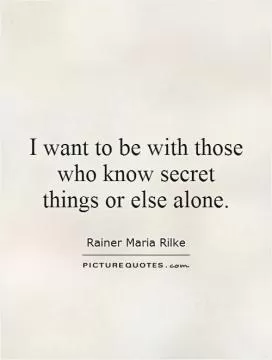
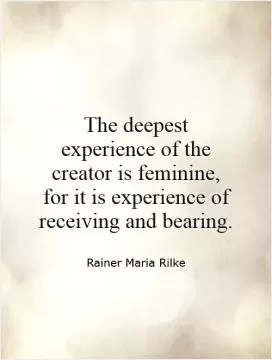
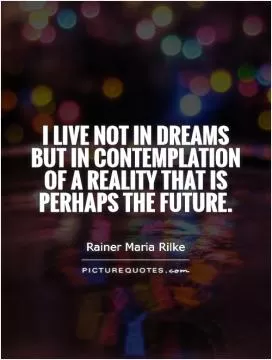



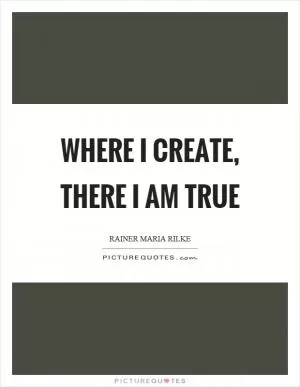

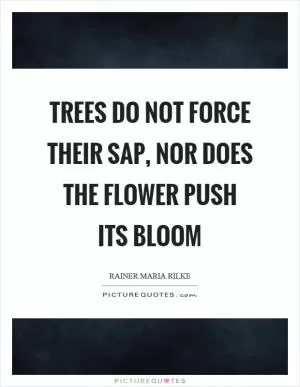



 Friendship Quotes
Friendship Quotes Love Quotes
Love Quotes Life Quotes
Life Quotes Funny Quotes
Funny Quotes Motivational Quotes
Motivational Quotes Inspirational Quotes
Inspirational Quotes